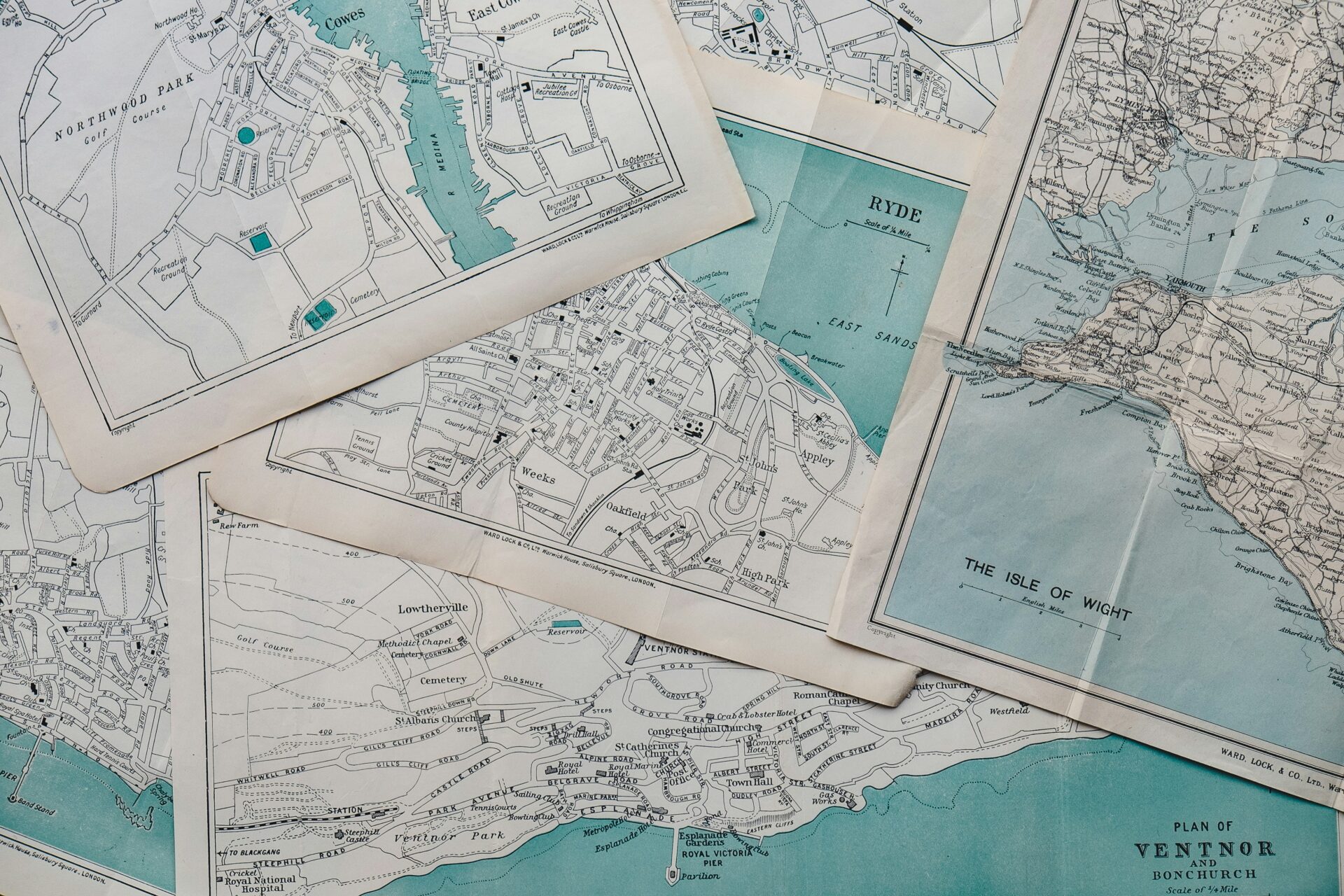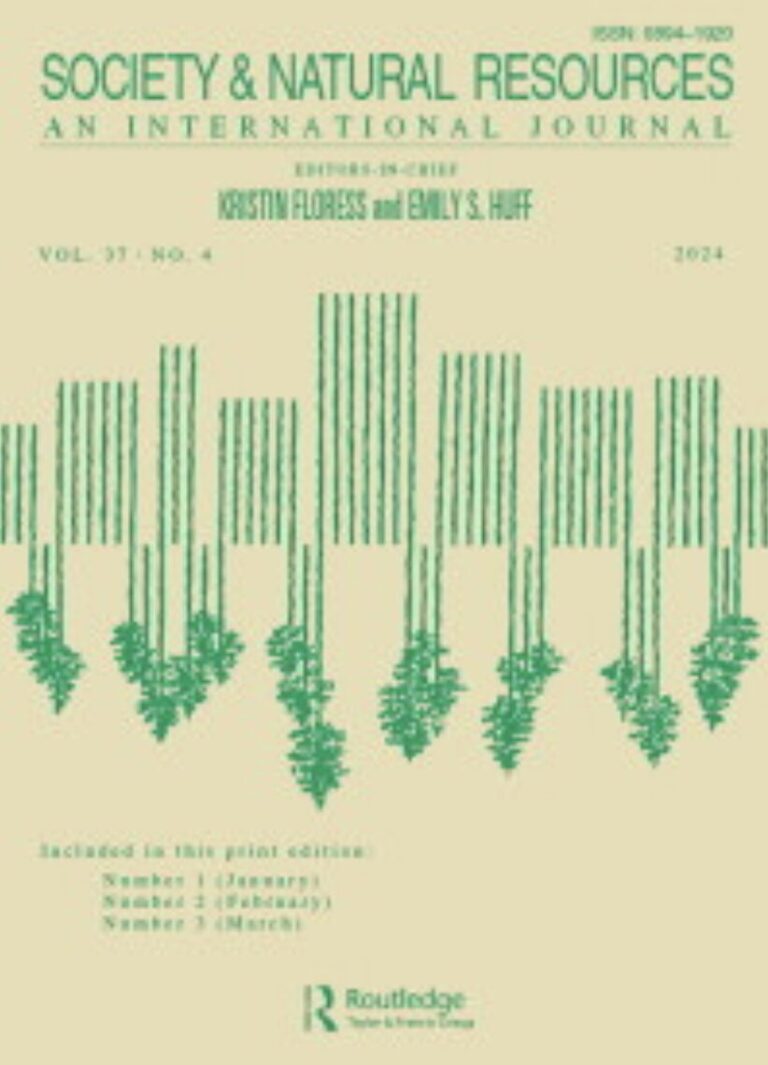Collaborative and community-based approaches to conservation and natural resource management often utilize maps that designate particular areas as being high priorities for conservation. These maps are used in stakeholder workshops and/or public discourse, but have often been highly contentious and counterproductive. We propose that quantifying and visualizing some of the uncertainty involved in making such maps could decrease their potential for causing conflict, thereby facilitating discourse and eventually, conservation action. We propose that an extra bonus could be attained by mapping the effects of missing or sparse input data regarding landowner ‘‘willingness to conserve’’ (given fair market compensation). The primary contributions of this action research are in the development of the propositions and in their implementation using a stochastic approach (Monte Carlo simulation). Preliminary assessment of the propositions occurred, but further research is needed to more formally evaluate them. Some practical suggestions and additional research considerations are provided.
Mapping Uncertainty in Conservation Assessment as a Means Toward Improved Conservation Planning and Implementation


